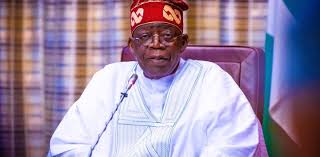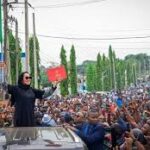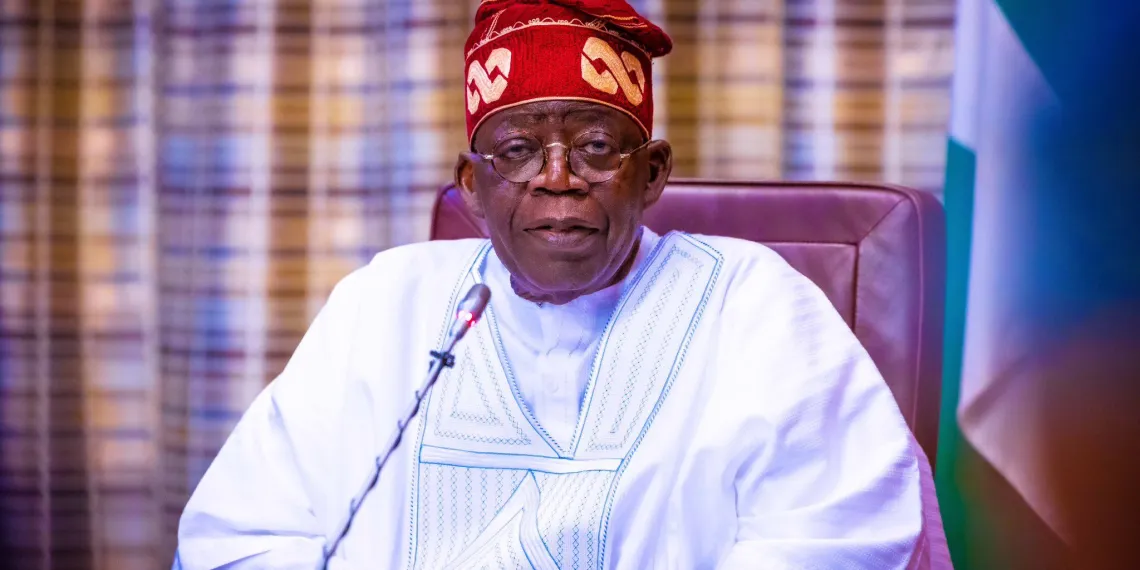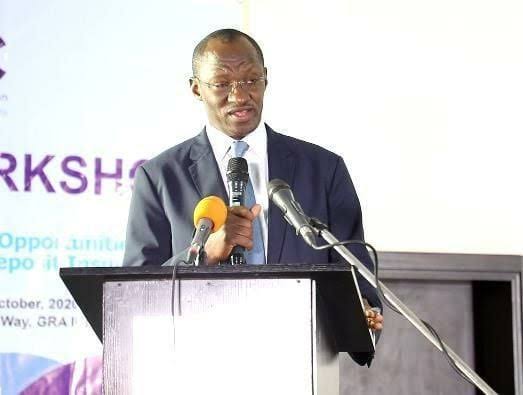Constitutional Analysis of the Nigerian President’s Authority Over State Governance: The Case of Rivers State


The Nigerian Constitution enshrines a federal structure, delineating powers between the federal government and the 36 states. This article examines whether President Bola Tinubu possesses the constitutional authority to suspend or remove the Rivers State Governor and members of the State House of Assembly. It evaluates constitutional provisions, legal interpretations, and responses from stakeholders.
Constitutional Provisions
Nigeria’s 1999 Constitution (as amended) establishes strict procedures for removing state officials. A governor can only be removed via impeachment by the State House of Assembly under Section 188, requiring allegations of gross misconduct and a two-thirds majority vote in the Senate and house of representative. (Federal Republic of Nigeria, 1999). Similarly, state legislators derive their mandate from elections and are accountable to their constituents, not the federal executive.
The president’s powers to intervene in state affairs are limited. Section 305 permits the declaration of a state of emergency, subject to National Assembly approval, but this does not empower the president, the Senate or house of representative the power to remove a state governor. Temporary, federal oversight during emergencies must comply with constitutional safeguards (S. 305(3)(c)). Past judicial rulings, such as Attorney General of the Federation v. Attorney General of Lagos State (2003), affirm states’ autonomy, barring federal overreach without constitutional justification (Supreme Court of Nigeria, 2003).

Rivers State Context
In October 2023, political tensions escalated in Rivers State as 27 lawmakers attempted to impeach Governor Siminalayi Fubara following their defection from the People’s Democratic Party (PDP) to the All-Progressives Congress (APC) (Akinwotu, 2023). While President Tinubu mediated the crisis, his role remained advisory, as the constitution bars federal interference in state impeachment processes.
Legal and Civil Society Responses
The Nigerian Bar Association (NBA) condemned any extra-constitutional actions, emphasizing that “only the Rivers State House of Assembly, properly constituted, can initiate impeachment” (Nigerian Bar Association, 2023). Media outlets like Premium Times highlighted concerns over “political machinations undermining democracy” (Oladipo, 2023), while international observers, including the International Crisis Group, warned against destabilizing subnational governance (ICG, 2023). Civil society organizations, such as the Socio-Economic Rights and Accountability Project (SERAP), threatened legal action to uphold constitutionalism (SERAP, 2023).
Conclusion
President Tinubu lacks constitutional authority to suspend or remove Rivers State’s governor or legislators. Such actions would violate Nigeria’s federal structure and separation of powers. Legal experts, media, and civil society unanimously assert that state governance disputes must be resolved through constitutional mechanisms, not federal overreach. Upholding these principles is critical to preserving Nigeria’s democratic integrity.









